You talk about this stuff like you read it in a book.
-Ward Abbott, “The Bourne Supremacy”
不是所有的東西都能從書本學到。
I’ ve been investing in or a part of startups for about 6 years. Given the volume and intensity here at SV Angel, I feel like it’ s been in dog years. We’ ve been a part of a prolific number of startups so I feel like I have been able to develop a unique and advanced “pattern recognition” when it comes to startups (and having Ron Conway as a mentor and advisor is a huge plus too, obviously).
做創業投資 6年 了,考慮到在 SV 天使基金的項目量和強度,感覺時間都是以狗年為單位(一個狗年相當于人的 7年)。 我們投了數量不少的公司,我感覺我能夠總結出一個獨特而先進的 “模式"來識別創業公司。
That said, I’ ve only been doing this for 6 years. I have a ton to learn. And I don’ t say that out of any sense of false modesty. If technology cycles for investing are about 14 years, then I’ ve only been a part of a third of one technology cycle. And one thing I’ ve learned the hard way is that there are some lessons that only time and experience can teach you. As Ward Abbott would say, there are some things that you can’ t learn from a book.
話雖這么說,我只做了 6年,還有很多要學。如果技術周期是 14年,我只經歷了三分之一多一些。有件事,我也是很艱難才認識到的:有些教訓,只有通過時間和經驗才能被教會。
Here are six things I’ ve learned to commemorate the six years. Some I knew about already - for example, don’ t invest in science projects - but you don’ t really internalize this unless you’ ve felt the pain.
下面是 6年 學到的 6 條經驗:
Growth != Value. Growth is a prerequisite for a startup. We at SV Angel in particular look for these early signs. And there are many companies that can show explosive growth. But at least in the consumer internet world, there are very few companies that can translate that growth into value. Growth is necessary but not sufficient for success. That involves (at times) taking all the data you’ ve amassed from your first growth stage and using that to create something larger and valuable. It’ s transforming oneself from a “product” company to a “technology”-driven one. It’ s really hard. For every Facebook and Twitter, there are literally tens that had similar trajectories and flailed ultimately. We’ ve invested in a few.
增長不等于價值。增長是一個創業公司的前提。很多公司貌似爆炸性增長,但是就消費互聯網領域而言,很少有公司能把增長轉化為價值。增長是必須的但是對于成功并不充分。關鍵是,要把一個產品驅動的公司轉為一個技術驅動的公司。這很難。對于每一個 Facebook 和 Twitter, 有很多公司都有類似的增長軌跡但是最終還是失敗了。
Complexity != Value. This is the proverbial “investing in a science project.” Sometimes you can become so bedazzled at the science or wizadry and think that that’ s sufficient for success. Or the team is so exceptional technically that they will come up with something sublime. That’ s obviously not the case. As Max Levchin says, just because something is hard doesn’ t mean it’ s valuable. Everyone knows that “best technology” doesn’ t always win. But sometimes you think you have the exception. And sometimes you need to learn this the hard way.
復雜不等于價值。典型的例子就是投資科學項目。有時你會被科學搞的眼花繚亂以為它肯定能成功。或者有的團隊技術特別棒,你認定他們能搞出一些牛逼的東西。如同 Paypal 的創始人 Max Levchin 所說,難,并不代表有價值。
One is Enough. We’ ve passed on some companies because we thought one of the founders wasn’ t that compelling. And those companies turned out to be some of the best. One potential takeaway is that it’ s ok if one founder is “so so” so long as one has the potential to be great. (But doing this is hard per the last point below). This is a semi-false analogy, but if you look at companies like Apple, Google, Facebook, etc., they had many co-founders but ultimately there was one that led the company.
一個足矣。我們放棄了一些公司,因為創始人中的某一個不那么出色。然而,那些公司最后成為牛逼公司了。教訓就是:某個創始人一般沒關系,只要有一個有潛力成為偉大的創業者就足夠了。看看蘋果、谷歌、Facebook 這些偉大的公司,他們有很多創始人,但是最終只有一個領導者。
Mental Toughness is Hard to Measure. Bill Belichick preaches “mental toughness.” He values that over skill, ability, speed, strength or other qualities. I think this applies to founders as well. The problem is that this is very hard to measure in a short period of time when you are considering investment. Unless you know the founder from before, it’ s hard to predict. We’ ve invested in some folks who we thought were good but they turned out to be great because they were just tougher. Their threshold for pain was higher. The converse applies as well.
心智的強韌度不好度量。 Bill 認為心智強韌比技術、能力、速度、優勢等更有價值。這同樣適用于創始人。除非你以前認識創始人,否則很難預測。我們投了一些不錯的創始人,但是他們最后變得非常偉大,原因就是他們更加強韌。
Nonlinearity is non-intuitive. Many have said that humans have a hard time internalizing or comprehending non-linearity. For example, it’ s easy to describe Moore’ s Law but it’ s hard to grasp or predict what may come as a result. As a corollary you can easily fall into the trap of using “pattern recognition” to invest in a startup, thinking you can use the past to forecast the next big thing. But by definition, the next big thing is nonlinear and therefore literally impossible to predict. Even while it was happening in their earliest days, no one could have predicted that the next Microsoft would be a search engine; or the next Google would be a social network. And using this lens, at the earliest stage of investing, you can put too much stock into false negatives or even worse, dismiss certain startups as unable to monetize or just a feature.
非線性是非直覺的。人類很難將非線性內化。舉例而言,摩爾定律大家都知道,但是用它來做預測卻不容易,因為它是非線性的。投資也同樣,你很容易陷入到利用模式來投資的陷阱里去,認為你可以用以前的經驗來預測下一個偉大的東西。然而,從定義上講,下一個偉大的東西是非線性的,所有無法預測。過去已經證明,沒人預測到下一個微軟是搜索引擎,下一個谷歌會是社交網絡。用這樣的方法投資,你會錯過很多公司,會因為無法商業化或僅僅一個特性而否定它。
“Success is a lousy teacher.” Bill Gates said this. He said that it seduces smart people into thinking you can’ t lose. As an investor, in my opinion, one of the worst things to have is early success. Especially on a non-realized basis. In the past few years many investors - both individual and institutional - saw huge increases in their investments due to subsequent financings. But this was all paper gains. Again, it’ s easy to learn this from a book. But when you invest in these companies and you see those “gains”, it can seduce you into thinking you’ re a great investor. As I say (and have learned), it don’ t mean a thing until you got the bling.
成功是個壞老師。這是 Bill Gates 說的。 成功引誘聰明的人認定他們不會輸。作為一個投資人,我認為最壞的事情就是成功太早。特別是基于一個還沒有實現的價值之上。過去幾年,估值高企。但是這些都是紙上回報。雖然,似乎書上也說過。但是當你投資了這些公司并且看到這些紙上的收益的時候,它仍然會引誘你認為:你是偉大的投資人。如我所說和學到的,沒有落袋之前,都是浮云。















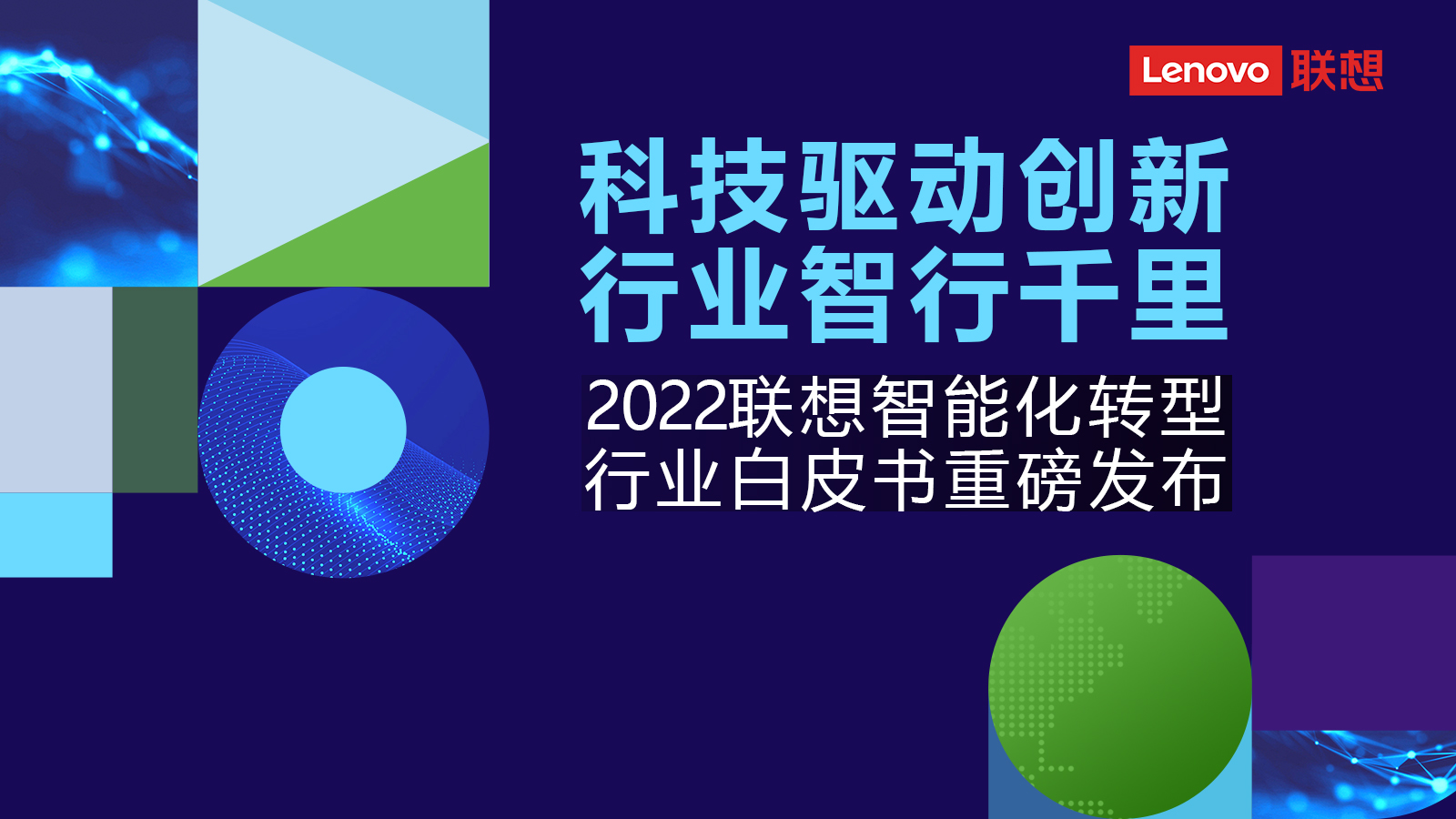
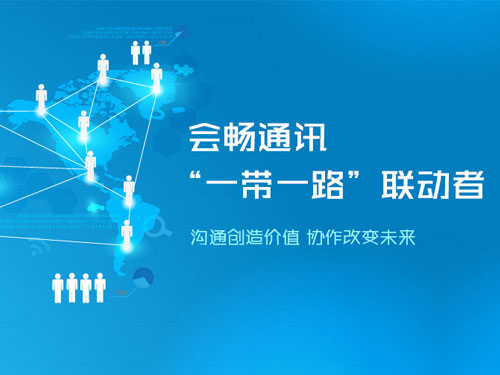




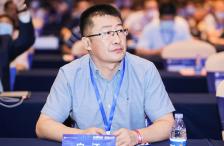
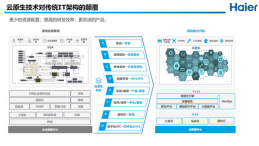
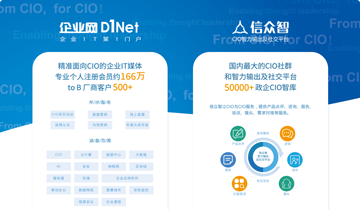


















































































 京公網安備 11010502049343號
京公網安備 11010502049343號